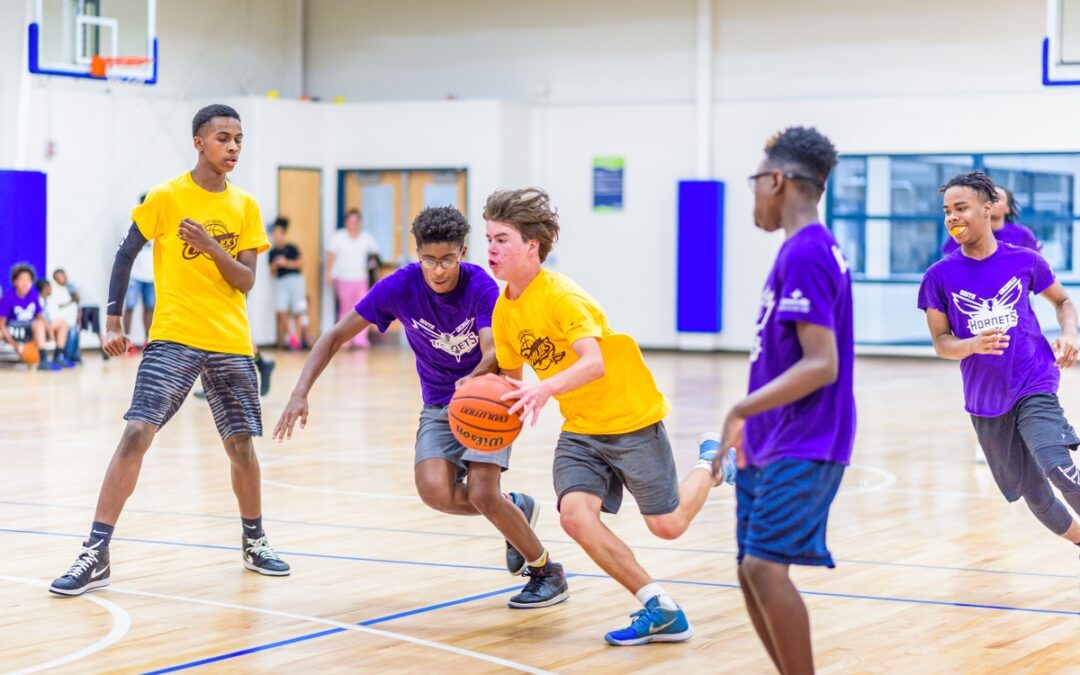Participation in sports contributes to physical health, confidence, and team-building skills, but it also introduces physical demands that vary by age and activity level. Sports physicals help determine whether a young athlete is ready for participation and whether any underlying conditions should be addressed. Most schools and athletic programs require this step before a child or teenager joins a team.
Reviewing Medical History for Hidden Risk Factors
Sports physicals offer a consistent way to check for issues that might affect performance or lead to injuries. They are not just a formality, and their purpose extends beyond fulfilling eligibility requirements. These exams give healthcare providers a chance to identify risks early, recommend follow-up care, and answer health questions related to physical activity. Even young athletes who appear healthy benefit from routine evaluations to establish a reliable health baseline.
A large part of the visit involves reviewing personal and family medical history. Providers look for patterns that could indicate cardiovascular risk, respiratory issues, or orthopedic vulnerabilities. If there are previous injuries or surgeries, that information informs any activity recommendations. A clear understanding of past and current health helps providers give informed, practical advice tailored to the athlete’s needs. Sometimes families overlook the value of discussing non-athletic concerns during these appointments. For example, fatigue, dizziness, or recurring pain may not seem connected to sports but could reveal underlying concerns. When shared during the exam, those details help providers evaluate whether additional care or testing is necessary before sports begin.
Performing a Focused Physical Evaluation
While similar to an annual checkup, sports physicals focus more on areas most affected by physical activity. This includes evaluating joint mobility, muscle strength, heart rhythm, and lung function. Providers may test vision and posture or ask the athlete to complete simple movements to assess balance and coordination. The goal is to verify that the body functions well enough to handle sports-related stress.
Physical exams also serve as a checkpoint to make sure growth and development are on track. For younger athletes going through puberty, providers may give anticipatory guidance about how changes in the body affect strength, endurance, and injury risk. These conversations provide context for what young athletes might experience as they continue growing into their sports.
Offering Education for Safe Participation
Sports physicals create an opportunity to talk about injury prevention, hydration, nutrition, and mental well-being. Providers often use this time to discuss how to listen to one’s body and when to take rest seriously. These conversations support young athletes as they take more responsibility for their own health and performance. Providers might also explain how to identify signs of concussion, heat-related illness, or overtraining. Learning to recognize early symptoms empowers athletes to speak up before problems worsen. Some athletes might feel pressure to push through pain or hide symptoms to remain eligible, but education helps shift that mindset toward long-term health.
Supporting Ongoing Participation Through Annual Exams
Because children and teens grow and develop rapidly, repeating sports physicals each year provides updated information. What was safe and appropriate last season may require adjustments as the athlete’s body changes. Annual exams help providers track changes, follow up on previous concerns, and reinforce healthy habits across multiple sports seasons.
Parents and athletes often think of the visit as a yearly requirement, but it also builds a lasting connection with a trusted healthcare provider. That relationship makes future care more efficient, particularly when injuries or new symptoms occur during the season.
Schedule Sports Physicals for Your Athlete’s Long-Term Well-Being
Scheduling regular sports physicals is a simple but meaningful way to support your child’s overall health. If your child is preparing for a sports season, talk with your provider about booking the exam early to avoid last-minute delays. An early visit gives time to complete follow-ups if needed and helps with readiness for safe, enjoyable participation.
- Zirconia Cap Price: Estimated Cost & Its Long-Term Benefits
- FREHF – The Revolutionary Future Of Human-Centered Technology!
- Adsy.Pw/Hb3 – Boost Your SEO And Drive More Traffic!
- Fitness Based Vacations By Timeshealthmage.com!
- TimesHealthMag Tips For Improving Sleep Quality – Expert Advice For Better Rest!


Leave a Reply